7 Ways to Protect Your Business from Bad Payers
Nobody likes dealing with debt. Following up non-payers isn’t fun; it is time consuming, usually frustrating and often ends in businesses writing off money that they are rightfully owed.
When we are talking to business owners about utilising our services, we hear too often that they have been giving up on their attempts to receive payment for work that they have already completed. It’s only fair to be paid for what you’ve done – so here are our 7 top tips for protecting your business from non-payers.
1. Perform credit checks on your potential customers
One really easy way to tell if someone is a ‘serial debtor’ (ie someone who routinely doesn’t pay) is to have a quick look at their credit history. A lot of times we get asked ‘what can you actually do to make someone pay’ and the answer is: affect their credit history!
Credit history can tell a lot about a potential customer; whether or not they have defaulted on payments, if debt recovery agencies have recorded anything against them in the past, if debt recovery agencies have had amounts referred to them for collection, even how much money they have outstanding. Plus, the data is all up to date.
You can email us if you’d like assistance with performing credit checks on potential clients.
2. Have a signed contract with your client
Having a signed contract by the party that owes you money should not be underestimated. Contracts can mitigate disputes (and excuses) for non-payment, they provide proof of the works being signed off on, and you have a legally-binding agreement to follow up on. Not to mention that you can also add clauses into your contracts to further protect your business.
Think your jobs are too small for a contract? While we believe that no job is too small to have a signed agreement, we do understand that it’s extra paperwork and time – for both parties. At the very least, if you can get your clients to sign a quote for the work (a quote that points to your terms of trade), then it’s definitely a good starting point.
The next step is to make sure your contract (and/or terms of trade) are able to protect your business against not being paid.
3. Have your contract checked
A solid contract is a very smart investment – especially if your client accounts are of high value. Consider having a solicitor versed in contract law look over your contract to ensure that you are adequately protected and able to pursue recovering a debt to the full extent of the law.
Not ready to have a solicitor look over your contract? We know this can be very costly, so we are offering a free consultation with our legal team to give you some complimentary industry advice on your contracts. This isn’t legal advice and we still highly recommend that you have a solicitor look over your contracts but we do have a few tricks up our sleeves to recommend to you that allow you to get the most out of the debt recovery process, and ultimately: get paid.
4. Get written confirmation of variations to work
One of the biggest factors for non-payments that we see is a dispute over the work completed. Often the customer will ask for a variation to the original contract, quote or request – but do so over the phone. Then, refuse to pay stating that they never asked or approved that. The more you get in writing – the better.
We recommend that after you give the information about the variation to the job over the phone, you let your client know that you need them to sign a variation form for this to go ahead. At the very least, you should get them to confirm the changes in writing via email or text message. This means that there is proof and you can minimise any disputes that may arise while trying to get payment.
5. Photograph your work & get proof of delivery or completion
When you’ve protected yourself legally against incurring debts, the next step is to mitigate disputes. Like the written variation form above, ensure that you photograph or retain records of the work that you have done for your clients. This ensures that if a dispute does arise in regards to workmanship or quality of an item or service you provide, you can prove that it was done to a good standard.
Whether you provide goods or services, getting a signature on completion or the work or handover to the client is always another great way to mitigate disputes and non-payments.
6. Have a set invoicing and follow up system
This is featured in many of our previous blogs because it’s a very important step in the process of getting paid. We see a lot of cases where the client never received the invoice, or they simply forgot it was to be paid. By having a clear cut, written process for your accounts, you can ensure that every opportunity is given to your clients to make payment.
The process could look something like this:
Completion of the job
Within 24 hours
Send an invoice to your client. Doing so promptly ensures it is fresh in your client’s mind and making it more likely that you will be paid. Make sure you have your payment terms and due date on the invoice, as well as contact and payment details for you.
On the due date of the invoice
Send a friendly, automated reminder that payment is due today and make sure to clarify that if they have paid, they can ignore this reminder.
7 days past the due date
Send a friendly email stating that their account is overdue and that payment still hasn’t been received. Let them know to contact you if there has been any issues.
10 days past the due date
Send a text to your client to check if they’ve received your emails regarding their account.
14 days past the due date
Call your client and ask them to make the payment ASAP – let them know that you’ve been trying to contact them regarding this.
21 days past the due date
Send them a final reminder via email that their account requires payment and it is overdue. Let them know that they have 7 days to make payment before the account may be referred to your collections team.
26 days past the due date
Call or text your client once more to prompt payment. Let them know that the account may be referred to collections if contact or payment is not made ASAP.
28 days past the due date
Submit the unpaid invoice for recovery with your collections agency. Before doing so, you can try and give the client one final call to let them know that is what you will be doing.
Once your process for invoicing and following up on overdue accounts is in place, you then should only be left with disputes – or really difficult debtors.
7. Know when to involve the professionals
Unfortunately with disputes and difficult debtors, sometimes a solid contract and the best accounts procedure in the world isn’t going to help you get paid. There are always going to be a couple of really difficult people. Consider partnering with a no-win no-fee debt recovery agency, where they can do the follow ups and negotiations for you. Not only does this save you time, but it also saves money, relieves the stress on you from following up and frees your focus to where your time is best spent – running your business.
Henley Recoveries Group are a no-win, no-fee debt collection agency with an excellent track record. If you have unpaid invoices that need recovering, submit a debt with us for your best chance of getting paid. Our online form is easy to use and can be completed within 5 minutes.
You can also give us a call on 0466 243 114 or email info@henleyrecoveriesgroup.com.au for more information, or to discuss how we can help your business get paid.
Latest Posts
Payment Agreements
Establishing effective payment agreements lies at the heart of the debt collection process. Whether it's arranging a swift $100 payment within a week or...
Avoid Using Debt Collection
Many businesses avoid using debt collection as they have no use for it. By our existence as a company, you can tell many others cannot avoid needing...
Better Accounts Equals Better Profit
A good business owner is always counting the cost of the work they do. For a builder, this is moving their margin when material costs rise (thanks COVID),...

